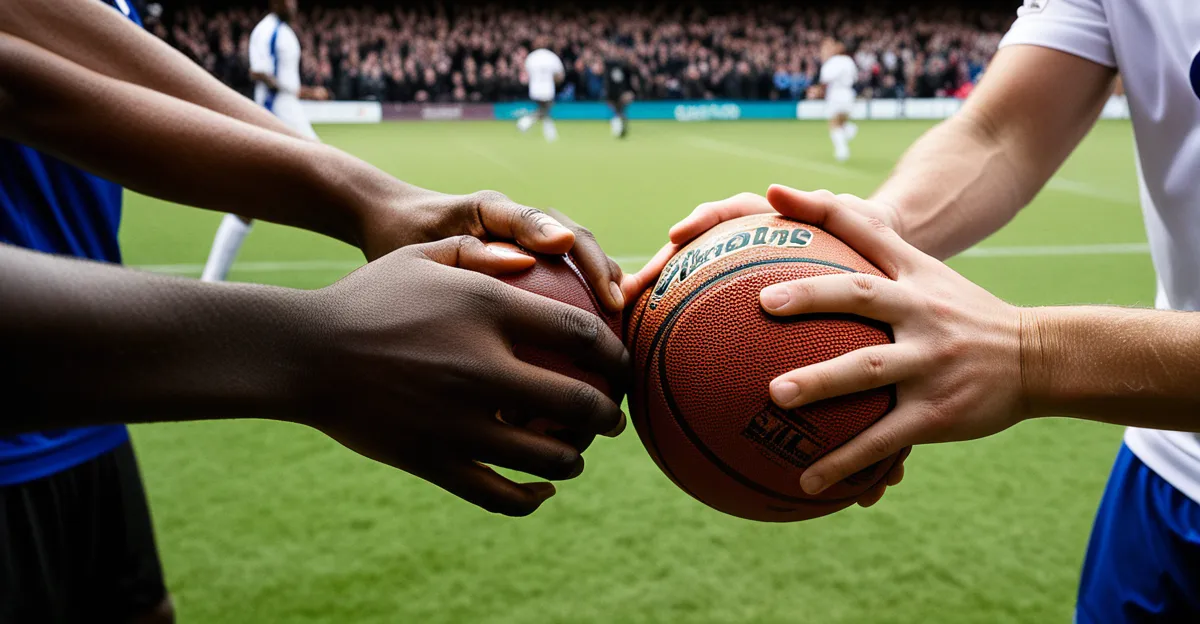Sports as a Catalyst for Social Integration in the UK
Sport in the UK plays a pivotal role in social integration, especially within its culturally diverse landscape. By bringing together individuals from various backgrounds, sports promote multicultural engagement that transcends ethnic and cultural divides. Football clubs, for instance, often serve as inclusive hubs where players and fans from different communities connect and share a passion, fostering a sense of belonging.
Local community sports events further enhance this dynamic, offering accessible platforms for participation regardless of cultural heritage. These gatherings encourage interaction and understanding, helping to break down social barriers.
Also to discover : How Do UK Sports Organizations Engage with Fans?
In addition, UK sports community efforts are supported by tailored policies and initiatives aimed at promoting diversity. These measures include targeted funding and anti-discrimination campaigns that emphasize equality in participation and representation. By prioritizing multicultural engagement, such initiatives reinforce the role of sports as a powerful vehicle for social cohesion.
Overall, the integration brought about by sports in the UK fosters mutual respect and unity, solidifying its status as a vital catalyst in building harmonious multicultural communities.
Topic to read : How Can Participating in UK Sports Benefit Mental Health?
Key Benefits of Multicultural Participation in Sports
Multicultural participation in sports significantly enhances intercultural understanding across communities in the UK. When individuals from diverse backgrounds engage together, it naturally breaks down stereotypes and prejudices. This effect is evident in youth sports, where teamwork fosters a shared identity that transcends cultural differences, nurturing social cohesion from a young age.
Cultural inclusion through sport also positively influences educational environments by improving communication skills and empathy among participants. Schools that support diverse sports activities often report stronger community cohesion, highlighting the broader social benefits beyond the playing field. In the UK sports community, these outcomes illustrate how diversity enriches the experience for all involved.
Moreover, multicultural benefits in sports encompass health and well-being improvements, alongside fostering respect and mutual support. The collaborative nature of sporting activities allows participants to appreciate different perspectives while working toward common goals. This solidifies sports as a practical tool for embedding inclusivity and unity in multicultural societies.
Challenges to Cultural Inclusion Through Sports
Despite its many benefits, multicultural engagement in UK sports faces several significant challenges. One of the primary barriers to sports integration is socioeconomic disparity. Individuals from lower-income backgrounds often lack access to facilities and equipment, limiting their ability to participate fully in the UK sports community. Additionally, linguistic differences can hinder communication, reducing the chances of effective teamwork and social bonding.
Another critical challenge is discrimination in sports, which persists despite ongoing efforts. Prejudice can manifest as exclusionary behaviour, stereotyping, or even overt racism. This negatively affects participation and the overall experience for minority groups. Within the UK sports community, such challenges strain the goal of creating truly inclusive environments.
To counter these issues, clubs and organisations are implementing targeted measures. These include cultural sensitivity training, mentorship programmes, and outreach initiatives aimed at attracting underrepresented groups. By proactively addressing challenges in multicultural sports UK, these approaches help cultivate acceptance and equal opportunity, fostering stronger social integration through sport.






